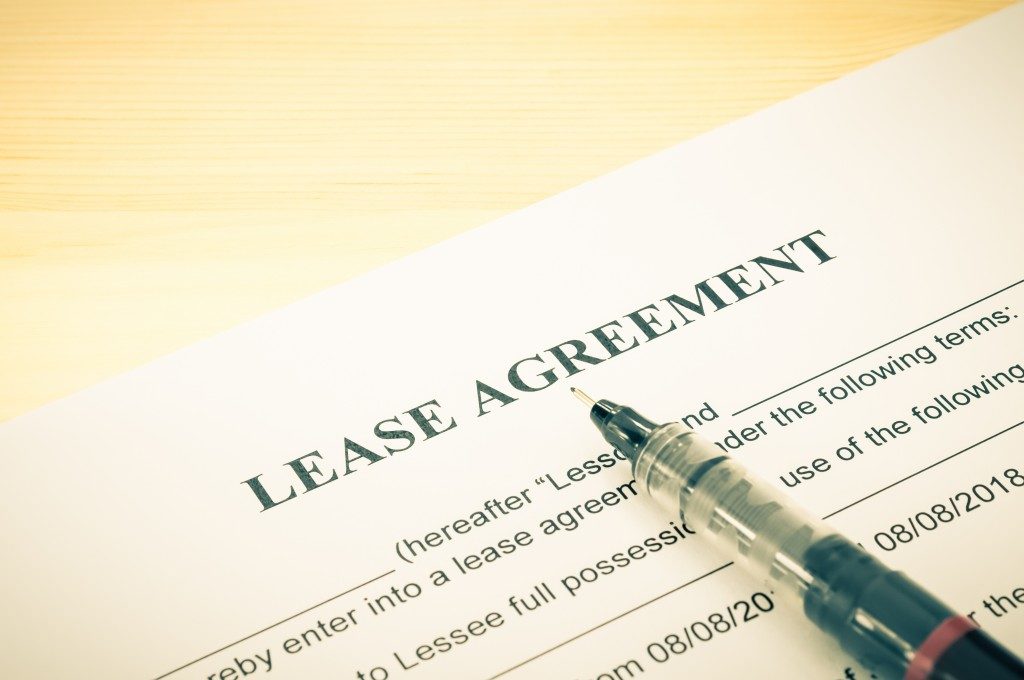Renting out commercial spaces is different. In residential leasing, a landlord may evict a tenant when terms are not met. In commercial leasing, a vacant space can cost the landlord big money. Here are two common problems when renting out commercial spaces:
Problem #1: Late Payments
A tenant’s capacity to pay depends on how their business is going. When the sales go down, there are bigger chances of not being able to pay rent.
Solutions
The straightforward legal way
A landlord can ask the help of a reputable bailiff company if they only adhere to the contract. They will make an amicable resolution between the tenant and the landlord. The outcome will be repossession of the property in question. But the landlord’s reputation and their relationship with their tenants are protected.
A payment scheme
If the landlord wants to give their tenant a chance, they may enter an agreement with them. They can devise a partial payment policy until all unsettled rent is paid. The amount will depend on the cash flow of the tenant’s business. This is as long as the tenant shows a willingness to catch up on their unpaid rent. The key here is to stick to a strict collection schedule and follow it. Another way of using this approach is to prorate the delinquent rent over a certain period.
Consider changing arrangement
Another way to resolve this issue is to give the tenant an option of a smaller commercial space. This will translate to cheaper rent. Some spaces are cheaper because of their location (less foot traffic). You may offer these options to your tenant for the time being.

Problem #2: High Turnover Rate
Some landlords find themselves having lessees who do not renew their contracts. A vacant space will not generate income. The process of finding new tenants is also tedious. Thus, make sure to use some strategies that will make your tenant want to stay.
Solutions
Pay close attention to maintenance
Do not wait for a tenant to complain. Always keep your property in top shape. One of the reasons tenants leave is the high upkeep of their spaces. Some landlords do not even listen when a tenant complains of damage. Good maintenance of your property also shows respect for your tenants.
Do not wait for the last minute for renewal
If you have a good tenant, offer them renewal early on. It can be three months before their present contract ends. By doing this, you express your interest in doing business with them again. You can even offer discounts or incentives for early renewal.
Be mindful of tenant mix and cultivate positive relationships
A landlord must be aware of the businesses their tenants have and must be sensitive to the placement of each. It is a bad call to put two competing businesses close to each other. Also, some subtle competition should not lease near each other. An example is a salon and a dermatologist clinic. If the landlord is not aware of such, they can lose one or both tenants due to unhealthy competition. Foster a sense of healthy competition and positive relationships between your tenants.
Renting out commercial spaces may come with some difficulties at a time. But being a proactive landlord minimizes such troubles. Treating the problem early can ensure happy tenants and a good income for you as the owner. Maintain professional relationships at all times, and you might find occupants for keeps.



